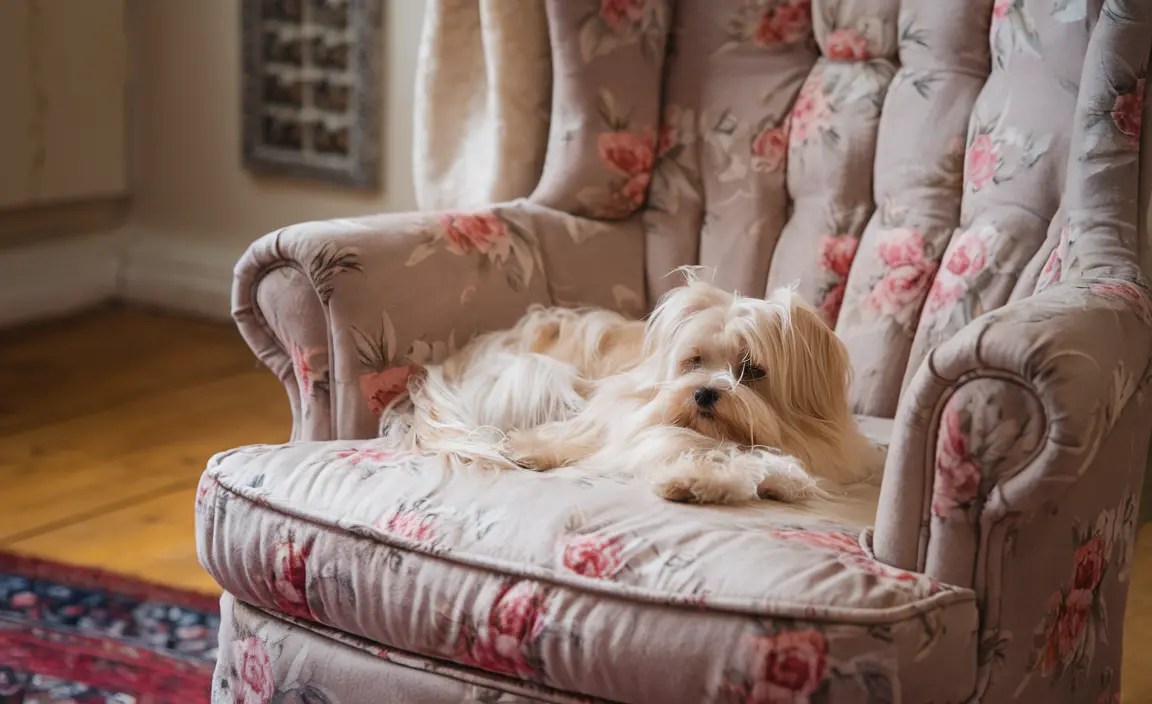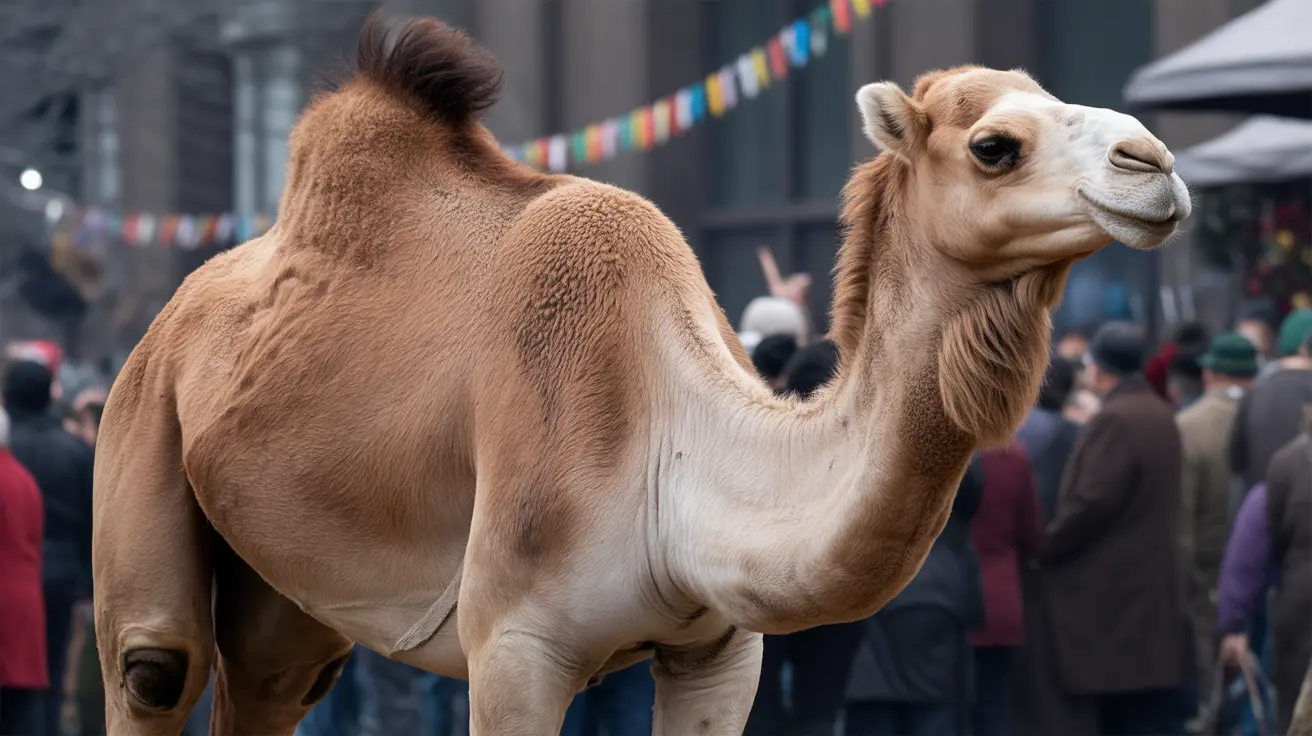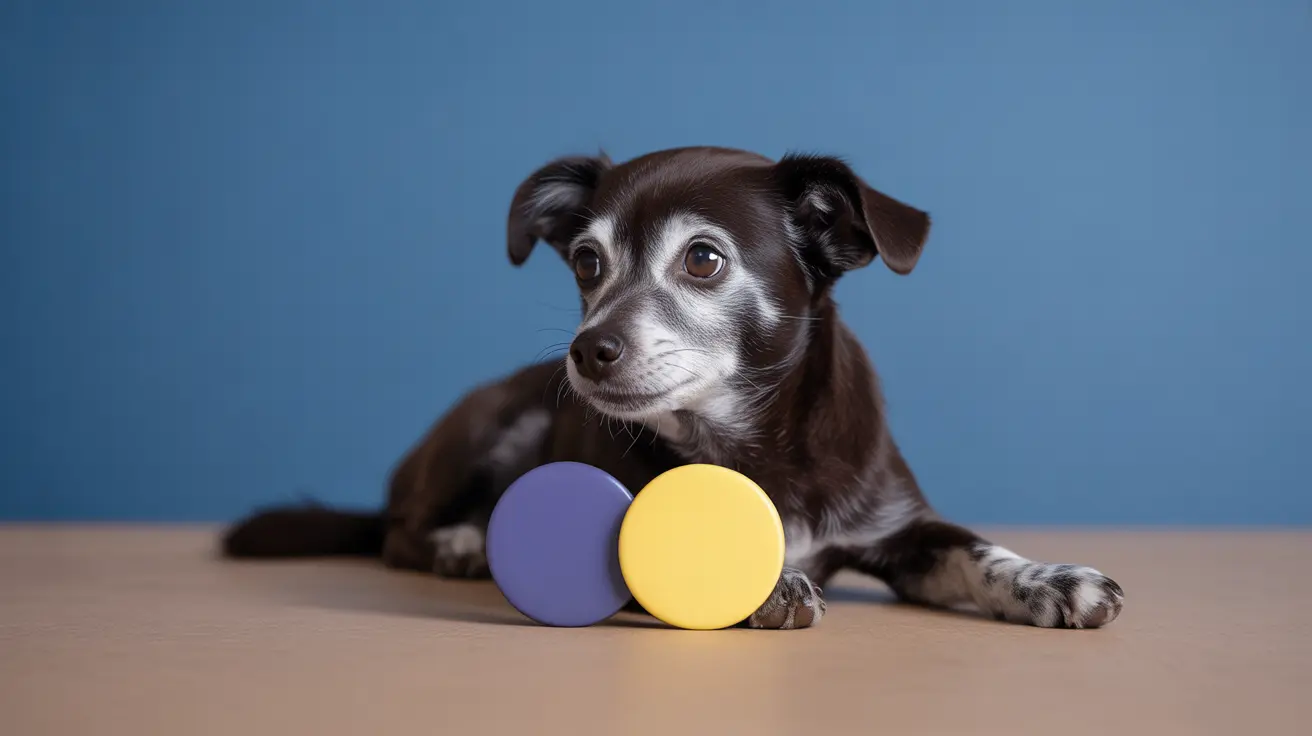Choosing the right dog breed is a deeply personal and life-changing decision. Whether you're living in a cozy apartment or a spacious home, selecting a dog that fits your lifestyle and environment can ensure not only your own happiness but also the well-being of your future four-legged friend. Small to medium dog breeds are an increasingly popular choice, thanks to their manageable size, adaptability, and wide range of temperaments.
This comprehensive guide is designed to help you explore the best small to medium dog breeds, understand their traits, and find the perfect match for your living situation, activity level, and companionship needs.
Why Choose Small to Medium Dog Breeds?
Small to medium-sized dogs typically weigh between 10 and 30 pounds. They are compact enough for apartment living but robust enough for active lifestyles. This size range offers the best of both worlds—convenience and versatility. Here are some reasons why people often choose dogs within this size category:
- Easier to handle: Smaller dogs are easier to lift, transport, and care for compared to larger breeds.
- Adaptability: Many small and medium breeds are highly adaptable to different living environments—from studio apartments to houses with large backyards.
- Lower cost of care: These dogs typically eat less and may incur lower costs in feeding and veterinary care.
- Great companions for families, singles, and seniors: Their affectionate nature and intelligence make them suitable for almost any type of household.
Adorable Small Dog Breeds for Every Home
Maltese: The Elegant Companion
This ancient breed has been a companion animal since Greek and Roman times. Maltese dogs are tiny, usually under 7 pounds, and known for their beautiful white, hypoallergenic coats. They're affectionate, enjoy human interaction, and are excellent for apartment dwellers due to their minimal exercise needs.
Rat Terrier: Energetic and Loyal
Rat Terriers are intelligent and playful dogs that do well in both rural and urban settings. Their compact size and short coat make grooming easy, while their cheerful personality makes them ideal for active families.
Beagle: Friendly and Curious
Beagles are lovable, loyal, and get along well with kids and other pets. Weighing between 20–30 pounds, they have a strong sense of smell and love outdoor activities. They're excellent for families looking for a playful yet manageable companion.
Cavalier King Charles Spaniel: Gentle and Affectionate
With a weight range of 13–18 pounds, Cavaliers are the epitome of a lap dog. Their loving nature and compatibility with other pets and children make them popular among families and seniors.
Bichon Frise: Hypoallergenic and Happy
The Bichon Frise, weighing 12–18 pounds, has a curly, low-shedding coat that is ideal for allergy sufferers. These cheerful dogs are playful, sociable, and relatively easy to train.
French Bulldog: Low-Energy and Lovable
French Bulldogs are great city dogs thanks to their low exercise requirements and affectionate temperament. Under 28 pounds, they are compact and quiet, although they may suffer from breathing and skin issues.
Pug: Sociable and Comedic
Pugs are full of personality. They weigh 14–18 pounds and are known for their clownish charm. Ideal for people who want a friendly, loving, and moderately active dog.
Shih Tzu: Calm and Friendly
Weighing 9–16 pounds, Shih Tzus are well-suited for indoor life. Their peaceful demeanor and compatibility with kids make them a favorite among urban dwellers.
Miniature Poodle: Intelligent and Hypoallergenic
Miniature Poodles are brilliant, trainable dogs that also happen to be hypoallergenic. Weighing 10–15 pounds, they are ideal for people who want an intelligent companion with minimal shedding.
Cocker Spaniel: Loyal and Playful
These affectionate dogs weigh 20–30 pounds and are known for their sweet nature. They require moderate exercise and regular grooming.
Jack Russell Terrier: Spirited and Bright
Jack Russells weigh between 9–15 pounds and are bursting with energy. They're great for active families and need ample mental and physical stimulation.
Pembroke Welsh Corgi: Smart and Affectionate
Short-legged but strong, Corgis are medium in weight but small in stature. They are athletic, friendly, and need consistent activity.
West Highland White Terrier: Bold and Friendly
Westies are small yet sturdy and thrive in active homes. Their coat requires regular grooming, and their intelligence makes them great for training games.
Popular Medium Dog Breeds for Active Lifestyles
Miniature American Shepherd: Energetic and Loyal
This herding breed is smart, attentive, and thrives on activity. Weighing 20–40 pounds, they excel in agility sports and are deeply bonded to their families.
Vizsla: Athletic and Loving
The Vizsla is ideal for sporty families. They need plenty of exercise and love being close to their humans. Their short coat is easy to groom, and they usually weigh between 44–60 pounds.
Border Collie: Ultra-Intelligent and Energetic
Known as one of the smartest dog breeds, Border Collies require advanced training and high levels of activity. They are best for experienced dog owners who can keep up with their mental and physical needs.
American Staffordshire Terrier: Strong and Loyal
These medium-sized dogs are incredibly loyal and affectionate. They require good socialization and firm training but reward their owners with a lifetime of love.
Springer Spaniel: Adaptable and Cheerful
Springers are friendly, obedient dogs that thrive in family environments. They need regular exercise and grooming, and weigh around 40–50 pounds.
How to Choose the Right Dog for Your Lifestyle
Selecting the right breed involves much more than just picking the cutest puppy. Here's what to consider:
- Living Space: If you're in an apartment, look for dogs with low energy and noise levels (e.g., French Bulldog, Shih Tzu).
- Activity Level: Are you a runner or hiker? High-energy breeds like Border Collies and Jack Russells are better fits.
- Family Size and Age of Children: Some breeds are better suited to families with small kids (e.g., Beagles, Bichon Frise).
- Allergies: Hypoallergenic breeds like Miniature Poodles and Bichon Frise can be good for sensitive owners.
- Grooming Commitment: Long-haired dogs like Shih Tzus and Westies require regular brushing and grooming.
Health Considerations
While each dog is an individual, some breeds have common genetic health issues to be aware of:
- Hip Dysplasia: Common in Beagles, Cocker Spaniels, and Poodles.
- Breathing Problems: Pugs and French Bulldogs may struggle in heat due to their flat faces.
- Eye Conditions: Cavaliers, Pugs, and Shih Tzus are prone to eye-related problems.
- Skin Allergies: A potential issue for French Bulldogs and Westies.
From energetic outdoor explorers like the Jack Russell Terrier and Border Collie to cozy lap dogs like the Maltese and Shih Tzu, small to medium dog breeds offer an unmatched variety of personalities, care requirements, and companionship potential. Whether you're an active individual, a family with children, or a senior looking for a faithful friend, there's a perfect dog breed waiting for you.
By carefully considering size, temperament, exercise needs, grooming demands, and health factors, you can confidently choose a companion that will bring joy, loyalty, and love into your life for years to come.
Frequently Asked Questions
Q: What are the best small dog breeds for apartment living?
A: Maltese, French Bulldogs, Bichon Frise, and Shih Tzus are well-suited for apartments due to their size and calm nature.
Q: Are there hypoallergenic options among small to medium dog breeds?
A: Yes, Miniature Poodles, Bichon Frises, and Maltese are hypoallergenic breeds that are ideal for allergy-prone households.
Q: How much exercise do medium-sized breeds need?
A: On average, 30–60 minutes daily, but high-energy breeds may require more.
Q: What is the best breed for first-time dog owners?
A: Bichon Frise, Cavalier King Charles Spaniel, and Shih Tzu are gentle, easygoing, and relatively easy to train.
Q: How do I manage stubborn behavior in small breeds?
A: Consistent training, early socialization, and positive reinforcement are key to curbing stubbornness in breeds like Jack Russells and Shih Tzus.






